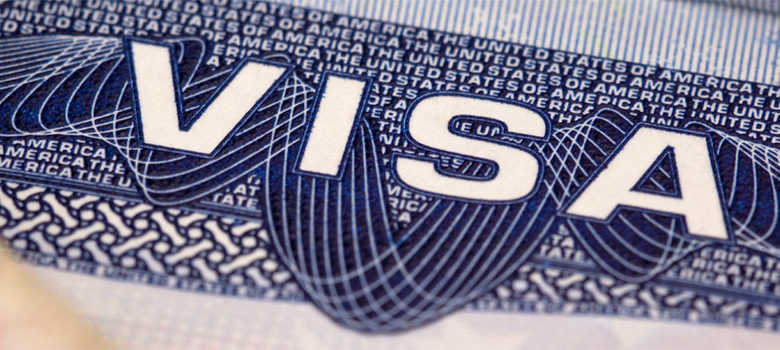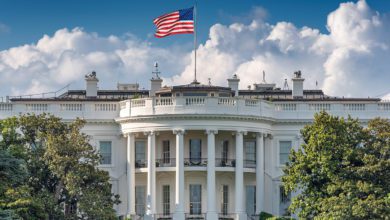
Thousands of American workers were laid-off in 2015 by their employers and replaced by non-American workers using H-1B visas. In December, the U.S. Department of Justice suggested a way to prevent such layoffs in the future.
Last November, IEEE-USA consultant Bruce Morrison sent a letter to the U.S. Department of Justice’s Office of Special Council (OSC) asking a series of questions about the H-1B visa. These questions focused on how the visa was being used; specifically, if replacing an American worker with an H-1B worker could be considered discrimination against American citizens.
In December, the OSC responded by saying, in effect, “Yes, in some cases.”
In their letter, the OSC said that U.S. law did prohibit discriminating against Americans based on their citizenship, in favor of non-Americans. Further, the letter said that companies doing this could be found guilty of violating non-discrimination laws, regardless of the specific employment relationship between the workers and the company.
This last point is important because companies usually do not replace their Americans workers with H-1B workers directly, but rather use contract H-1Bs hired through an outsourcing company. The OSC was clear that such an arrangement didn’t change the legal calculation for either company, and could put companies in the same legal jeopardy as if they directly employed the H-1B worker.
The letter makes it clear that Walt Disney, Northeast Utilities, Toy R’ Us and many other companies that fired their American staff and replaced them with H-1B workers may have violated their employees’ rights. The OSC has the authority to investigate individual cases associated with situations like these ” but there is a catch.
Under the law, workers have to file a formal complaint with the OSC within six months of being terminated for the OSC to take action. And, currently, no worker has done so.
The OSC could also launch its own investigation, independent of specific complaints. So far it has declined to do so.
IEEE-USA is launching two initiatives designed to encourage and empower the OSC to take action against discrimination within the H-1B program.
First, IEEE-USA invites anyone in the United States who thinks they might have been replaced by an H-1B worker within the last six months to contact us immediately so that we can help you file a complaint with the OSC. Filing a complaint is easy, but the complaint must be structured very specifically. We can provide guidance on how to do that.
Second, anyone who is worried about companies replacing American workers with H-1B workers should sign an online petition (https://www.change.org/p/attorney-general-of-the-united-states-stop-h-1b-discrimination-against-americans?recruiter=460476742&utm_source=share_petition&utm_medium=copylink) set up by IEEE-USA. The petition is directed at U.S. Attorney General Loretta Lynch and asks her to launch a formal investigation into the H-1B visa program.
Together, these actions give the U.S. Department of Justice two ways to prevent further abuses by outsourcers ” and two ways to protect technology professionals.
Immigrants have made countless contributions to American society and to American technological innovation. But H-1B workers are not immigrants. When used by outsourcing companies, H-1B visas undermine the American economy, drain our country of jobs and skills, and enable companies to exploit workers American and non-American. It is time these abuses are stopped.
IEEE-USA supports expanding the EB green card program to make it easier for skilled foreign workers, especially those attending American universities, to become American citizens. IEEE-USA opposes misuses of the H-1B visa program precisely because it is not an immigration visa, and allows companies to discriminate against, and mistreat, both American and non-American workers.
Russell Harrison is IEEE-USA’s director of government relations.







Glad to see IEEE is finally addressing this issue. It has been going on for years.
This is why I wish my funding for IEEE-USA was separate and optional.